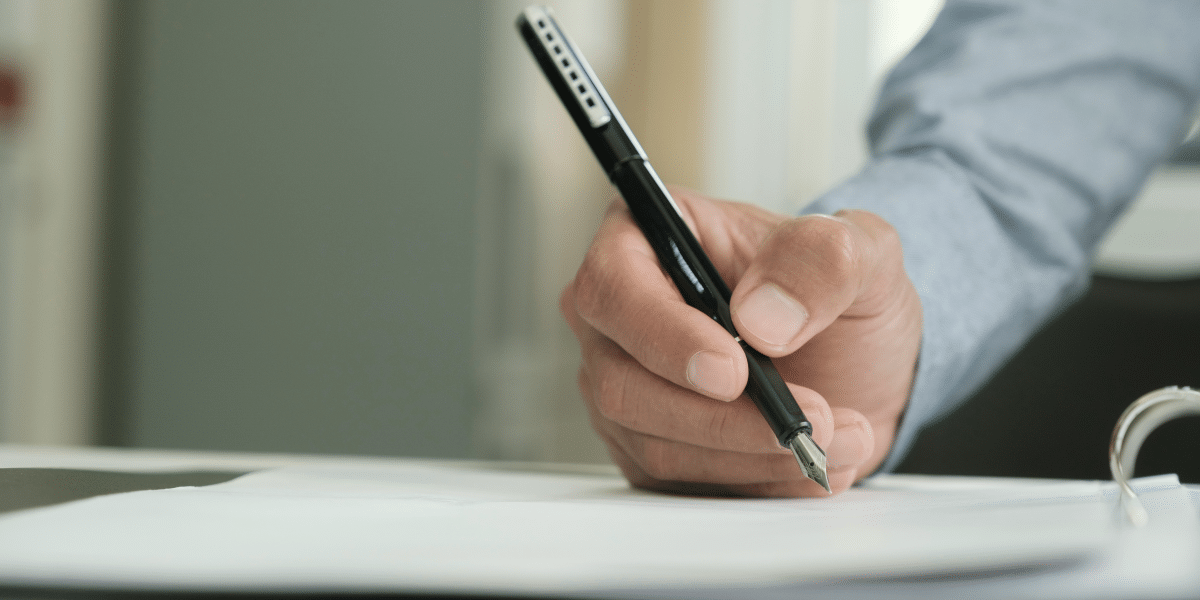Joanne McCall is a publicist and media trainer who has coached, consulted, trained, and helped thousands of business owners, authors, speakers, influencers, and coaches get the media attention they desire. She has a new book out called Media Darling: Shine Through Every Interview, which is a step-by-step guide to coming across as the expert, professional, and influencer that you are…or want to be.
In an exclusive interview with New York Weekly, we ask Joanne McCall about her new book, advice for aspiring media people, and maybe some life lessons along the way.
Amanda Greyfield: What made you decide to write Media Darling?
Joanne McCall: We are all the media now, and watching so many set up their own media channels is inspiring, and yet at the same time, a little cringe-worthy. With a little training, those new to having their own media empires could be so good at it. I have been a publicist and media trainer for a number of years now and while so many channels of media are open to everyone, a lot of people are either intimidated, not sure what to do, or they’re not doing it well. If you are in business, you want to be seen as the pro that you are. Because the media you get sticks around, you want to deliver great interviews right out of the gate.
Many of my clients are CEOs or business owners and are the face of the brand. Without training to effectively talk about their business, products, services, and the values of the company, promising interviews can turn into disappointing nightmares. It’s important to know how to keep interviews on track, bridge back to your messages when asked questions out of left field, and also be someone the media wants to interview – a Media Darling.
When considering media, some clients experience envy when they see others getting the visibility they want, while at the same time feeling intimidated by the whole notion of actually doing it. Those individuals tend to become paralyzed not knowing what to do. Others have all the confidence in the world, but lack the competence of delivering a great interview. You need both – confidence AND competence. It’s a skill set, and the good news is that it can be learned.
Because of all these reasons, and the fact that I’ve been doing this work for many years now, the time came to write it all down and share it with others. For those who can use the help, I believe it will give them the value they need.
Amanda: How do you know if you need media training?
Joanne McCall: Assume that you do. Even business owners and authors who are experienced at doing interviews and have had many books published know that they need training with each new book. Messages are different, the environment is different, platforms are different. Whether you get formal training or not, the very least you should do is develop your key messages and then do “mock interviews” during which a friend asks you questions and you can practice your answers and delivery. Replay the recordings and see if you can improve upon what you have done.
One of the first questions I ask my clients when we begin our work together is, “Are there any questions you might be asked that you really don’t want to answer? Or, put another way, are there questions that you secretly hope you will never be asked; in fact, the very thought of it makes you anxious and nervous?” Those are the ones we tackle first.
For example, I had a client who had a felony record. It was years ago when he was only 23 years old and had started his first company. He clearly made some mistakes, but didn’t know at the time that he was breaking the law. He paid his dues and put it behind him until the time came for him to do some media interviews. If a very inquisitive reporter discovered this fact from his past, he was afraid of being asked about it. After working on it, we came up with an excellent response to the question so that he was able to relax and move forward with the interview process. He no longer had to spend his energy worrying about being asked this question. P.S. No one has asked him about it. Sometimes when you have the perfect comeback, you never get a chance to use it.
Amanda: What are some tips for doing great interviews?
Joanne McCall: There are a few different categories from in-studio interviews, to virtual, to what to wear, and how to handle surprises. Tips include:
- Suppress some urges. Fidgety feet indicate nervousness, and a good host may pick up on this.
- Sit up straight. You do not want to slouch and appear sloppy, uninterested, or lacking confidence.
- Do no play with your hair or jewelry, or anything else
- Stand straight but do not be stiff.
- When on stage, you must make big facial expressions. On camera, a little goes a long way. A slight tilt of the eyebrow can communicate volumes.
- If it’s a virtual interview, look into the camera not at your host or yourself on your screen
- Sit up straight and lean forward another 15%
- Know what you want to get out of the interview. What is your call to action?
- What to wear. Be sure and dress appropriately for your topic, and if at a loss, everyone looks good in some shade of blue.
Amanda: What is a Media Darling?
Joanne McCall: We all know what it’s like to work with someone who is easy and fun to work with, and we’ve all had that “high-maintenance” co-worker as well. Which one would you rather be? A Media Darling is someone the media loves to work with. They are low-maintenance, they are experts in their area, they know how to deliver a great interview, they know how to make the host and producer look good, they are gracious when they get bumped, and quick to help out when called upon. There are other traits, but these are the most obvious. The best part is, media calls them so they don’t have to do as much pitching.
Amanda: What do you do if you forget what you were saying during an interview?
Joanne McCall: Surprisingly, I am asked this question a great deal. When under pressure, forgetfulness can happen. You have some options. Be lighthearted about it, e.g., “What was I just saying? I distracted myself!” Or, just a simple, “Would you repeat the question, please?” If you take it easy and lightly, they will too.
Amanda: What are some of the surprises that can happen while doing interviews?
Joanne McCall: Technology hiccups such as being booted offline, encountering a host who clearly hasn’t read your press materials, your host might be a jerk (it happens!), you’re asked a question that has no relationship as to why you are there, you’re nervous and you didn’t think you would be, moments before you went live you received some bad news, you got triggered by something the host said, the interview unfolding is not the one you were expecting, and on and on it goes. Many things can happen that are surprising. How you handle them is everything.
The good news is that as you build your skill set, there will come a day when you welcome those surprises because you get to see how much you’ve improved. You get to see how elegantly and smoothly you are able to handle it. And that is another mark of a Media Darling.
Amanda: What if you get a confrontational host?
Joanne McCall: It happens, although usually you will have researched a show and its host prior to your appearance so you are confident this won’t happen. Sometimes it still does. The first rule to follow is to never get defensive. Once you become defensive, it’s game over. Another way to handle aggressiveness is to talk through the host directly to the listener. Remember the listener. You can come across as a true expert if you remember that that is the person you are speaking to.
For example, there was a woman business owner who opened a number of workout facilities and spas around the country specifically for women who were overweight. As she sat down to do an in-studio interview, the host was nice and gracious off air, but that all changed once those microphones were turned on. The first thing out of this host’s mouth was, “Why would anyone come to your workout facility? You’re fat!!!”
Pause…
Rather than getting defensive or angry with the host, she simply spoke directly to the listener and said, “Ladies if you have ever encountered someone like this who insulted you simply because of your size, then you are welcome at my workout facilities. The website is…”
Needless to say the interview ended at that point, but she got a lot of response from women who wanted a membership to her facilities because she spoke directly to them.
One other thing to keep in mind about confrontational hosts is that some people love a dynamic, confrontational interview. For those, have at it. Politicians tend to fall into this category.
Amanda: What are some media no-nos?
Joanne McCall:
Don’t be late. Ever.
Don’t lie. Ever.
Thinking the interview is all about you. It’s not. It’s about the audience.
Sending misdirected pitches. That can get you on those “bad PR” lists that go out publicly and make fun of you.
Not getting to the point quickly in an interview (or during a pitch.).
Being too sales-y.
Amanda: What are some media yeses?
Joanne McCall: Offering a contrarian point of view. This is like candy to a baby. If everyone is saying the same thing regarding a topic, and you have a unique perspective, they will want to hear it.
Make a national story into a local story, or you can do the reverse: Take a local story and make it national.
Tie into a news trend, the holidays, something on the calendar, or in the culture.
Capture their attention quickly. No warming up. Get to it!
Use sound bites, but sparingly. Think of them like the sizzle on the steak, not the steak itself.
Be friendly, not creepy.
Be persistent, not pesky.
Follow up.
And if they ask you to provide them with additional materials, or take certain steps to get the interview, then do that.











